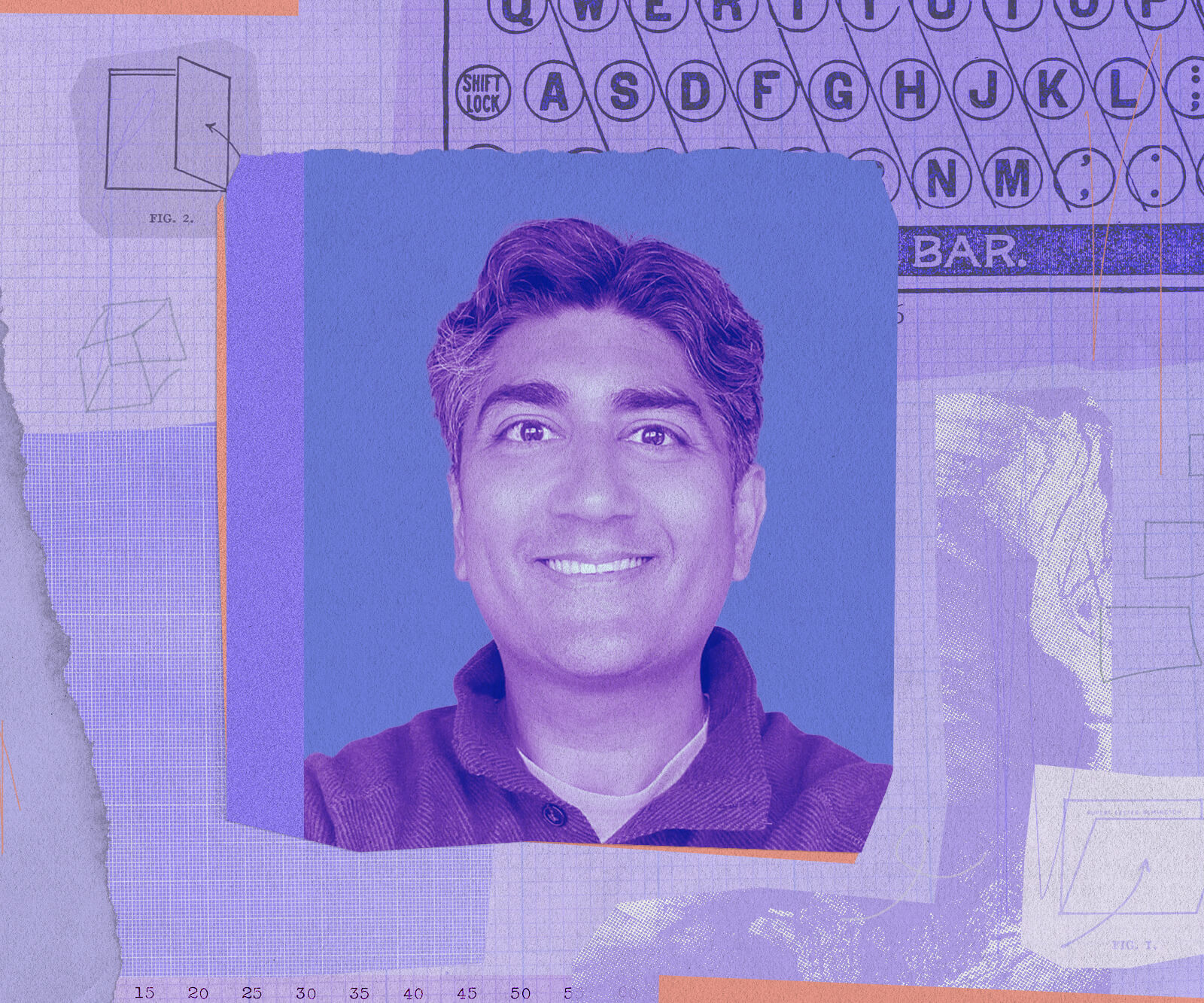Over the past several decades, the ability of technologies to perform routine mental tasks has increased the importance of “soft skills,” which are harder to replicate with software. The share of US jobs requiring decision-making, for example, grew more than fourfold between 1960 and 2018, according to a recent NBER working paper. Separate research suggests that the same phenomenon is happening in the c-suite—especially for CEOs—where a growing share of job descriptions highlight the importance of social skills like communication and theory of mind, the ability to infer other people’s perspectives.
Unlike earlier technologies, however, AI isn’t limited to routine tasks. It can write articles, generate images, and even converse, leading many to worry about what will be left for us humans to do. That may be because those people “see human potential as limited to just IQ, and therefore view AI as a growing threat getting better by the day at IQ tasks,” writes Aneesh Raman, vice president at LinkedIn and head of the company’s Opportunity Project, which helps organizations understand how work is changing. Instead, he argues, we should view emotional intelligence, or EQ, as “a big arena of untapped potential for humans.”
We spoke with Raman to learn what this means for jobs and why he’s “long on humans.” Here’s an excerpt of our conversation, edited for length and clarity:
You’ve argued that AI will increase the importance of EQ to individual and organizational success. Can you give a few examples of EQ skills that you see as increasingly important in the near future?
The study of philosophy is about to become an—if not the—‘it’ degree. Critical thinking, creativity, ethics, empathy, collaboration, that bucket of stuff. I would also describe knowledge, knowledge gaining, and knowledge sharing as critically important—we’ve often misattributed it to just IQ, but it’s actually an EQ thing. Knowledge is a participatory endeavor. I’m going to be smarter from this conversation. I’ll be smarter if I talk to a diverse set of people.
A lot of this EQ stuff, in the short term, might end up being less about ‘How do we become more human?’ and more about the ability to ask good questions, the ability to start with empathy for where someone is at, critical listening. All of these things that are critical to the people who gain knowledge who don’t just read, but engage, will become core to the skill sets that we’re talking about.
You’ve got this race right now between the human brain and the artificial brain. The artificial brain is learning how to learn in new and more dynamic ways. So the human brain needs to do that. But I’m long on humans. I’m so bullish on what the human brain is going to be able to adapt and build out into as we start to learn in new and more dynamic ways.
Charter Pro members can read our Pro article on Raman’s predictions about AI and skills. You can sign up for a Charter Pro membership here.
